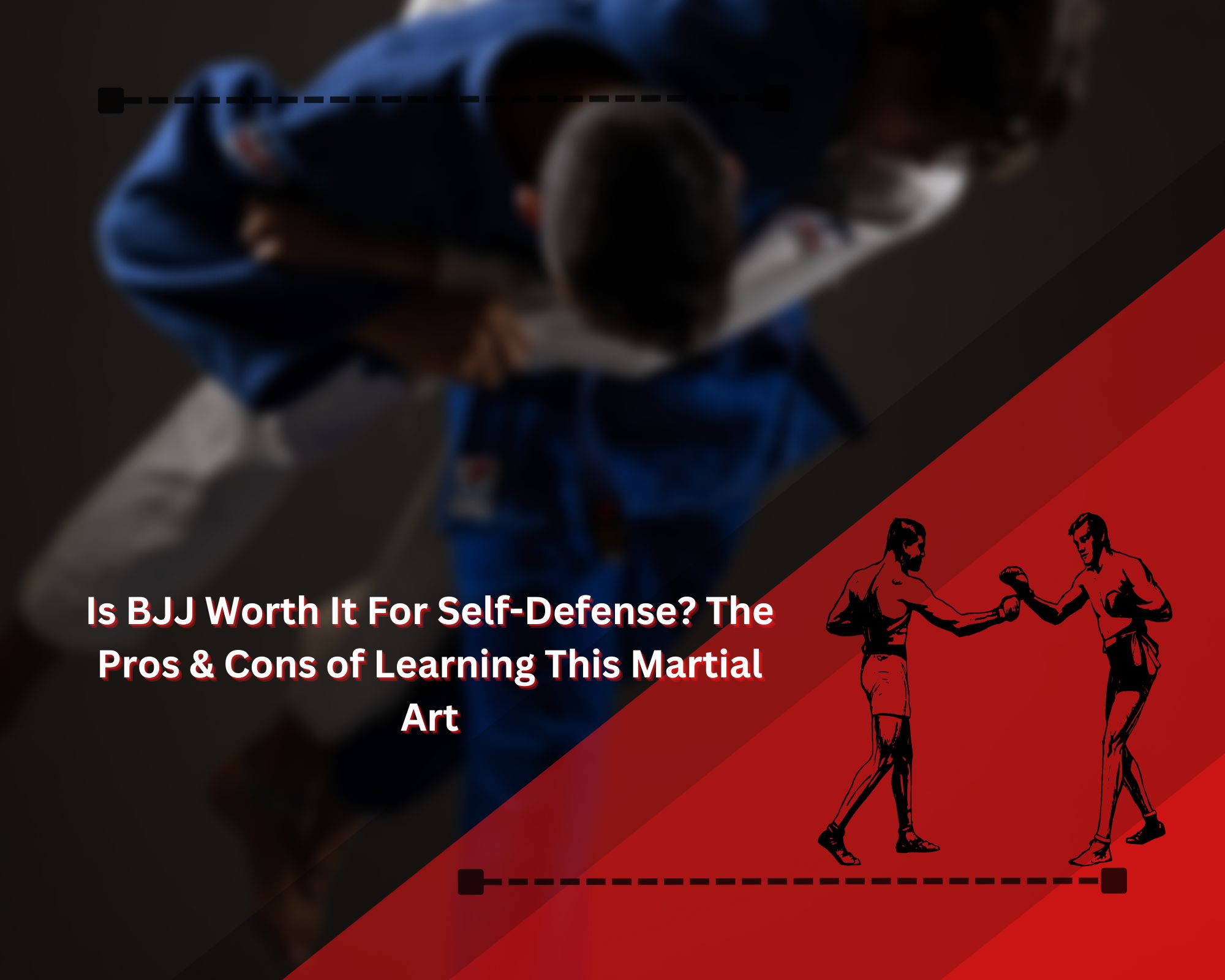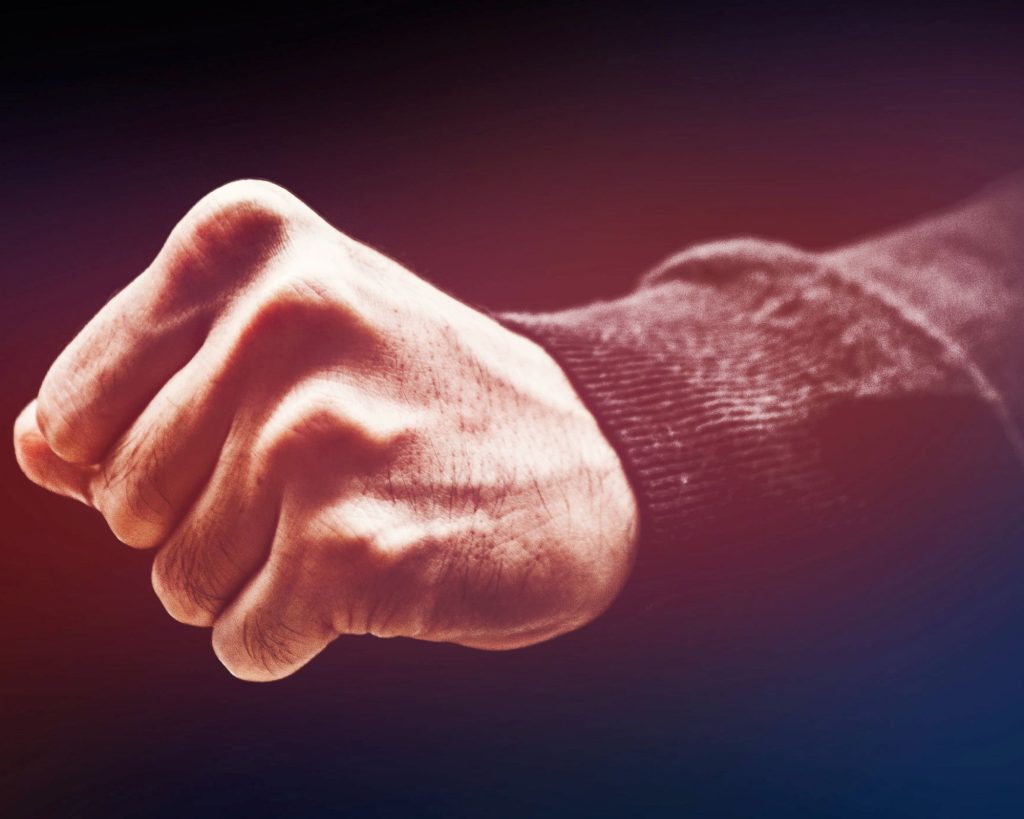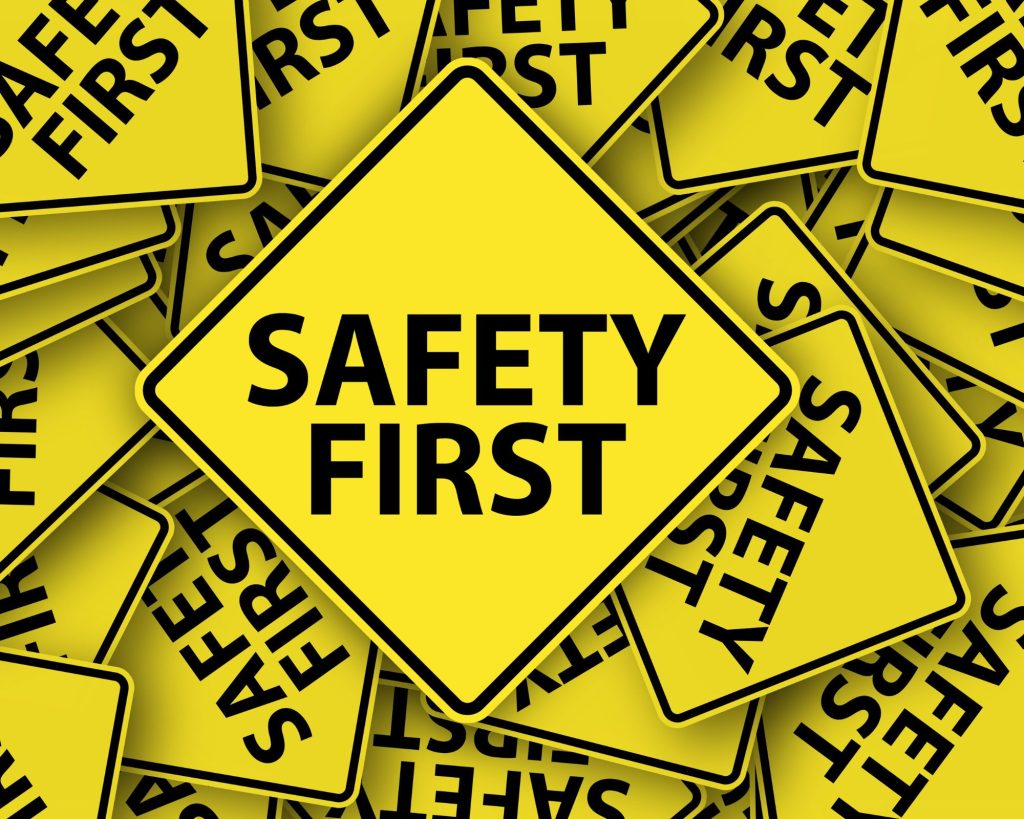
Brazilian jiu-jitsu has become a household name in self-defense. With a focus on grapples and ground fighting, this intense combat sport has earned its spot amongst the most renowned of martial arts, such as muay thai, boxing, and krav maga.
But just how good is it actually for self-defense? Does Brazilian jiu-jitsu deserve to be placed alongside other premier martial arts? We'll tackle that and more here.
How Good Is BJJ for Self-Defense?
Put bluntly, Brazilian jiu-jitsu is an excellent martial art for self-defense. When considering your options for learning how to defend yourself, BJJ is about as good as it can get.
Among the greatest advantages to BJJ is that it doesn't emphasize physical strength. BJJ puts premier focus on other aspects of combat, such as ground work and submission holds, instead of raw, unfiltered brute force.
It'd still be good to be physically strong, of course, but Brazilian jiu-jitsu prefers the utilization of careful, precise techniques and weight distribution to take down opponents, which doesn't directly require physical strength.
For example, BJJ instructors drill jujitsukas on submission holds like the rear naked choke or the straight armbar, as well as grappling techniques like joint locks, as opposed to attacks like jabs, crosses, and uppercuts like you'd see in muay thai or boxing.
This difference greatly evens out the playing field in a fight, immobilizing the opponent and heavily negating the advantages that their strength would normally present.
Furthermore, because attackers will be the ones initiating conflict, you can usually assume that they're entering a fight expecting to win. They wouldn't attack you otherwise.
That means that if they're actively trying to shove a fist down your throat, then they're probably bigger and stronger than you are.
Situations like these are where BJJ really shines. A normally physically powerful attacker will find themselves slammed onto the ground, unable to move, and forced to surrender to a debilitating joint lock.
The fact that it can allow you to defeat a tougher, stronger opponent has made this martial art popular amongst combat sports enthusiasts and has cemented its position as a premier choice for self-defense.
Is BJJ Difficult to Master?

BJJ is incredibly difficult to master. Anyone aspiring to achieve a black belt will need to practice the sport consistently for about 10 years at minimum, and it will often take longer than that.
However, it isn't difficult to get into. This is by design: Mitsuyo Maeda, the legendary judoka who taught the founders of BJJ, worked off the principle that these skills and techniques could be taught to anyone, regardless of who they were.
As such, many programs are designed with beginners in mind, and dojos foster an environment built off of mutual cooperation and respect. Those who enter dojos like these will find themselves learning a fulfilling sport in a supportive environment.
However, Brazilian jiu-jitsu can still be daunting. Its uncomfortable-looking ground scuffles--and the pain associated with them--have no doubt driven away many potential practitioners. There's also the considerable time commitment it requires, which not everyone is able to provide.
Fortunately, as many proud practitioners will tell you, the seemingly ceaseless toil is all well and worth it in the end.
Caveats: What BJJ Can't Defend You From

BJJ is undoubtedly an excellent choice for anyone learning how to defend themselves, but it definitely has its flaws. When learning how to defend yourself using this martial art, be sure to keep these caveats in mind.
First, Brazilian jiu-jitsu is ineffective when you're facing multiple opponents. The goal of BJJ is to pin the opponent down, using the full weight of your body to prevent them from acting.
As you can probably tell, we very clearly only have one body, and so pinning multiple people down at once just isn't possible. If you have one of your attackers stuck in a chokehold, the other can simply strike you from behind.
Another key weakness in the BJJ self-defense toolbox is the lack of strikes and punches. Compared to other martial arts, jiu-jitsu teaches comparatively little about how to actually hit your opponent.
As mentioned, the martial art focuses predominantly on grappling. Immobilizing your opponent is your priority, not overpowering them. So if you can't get your opponent on the ground, then you'll likely struggle.
This weakness in particular should be kept in mind during street fights, which won't have any established rules or codes of honor.
While you'll be limited to what you know from your training, such as grapples and holds, your opponent will freely use everything in their arsenal--from devastating punches, powerful kicks, and even dirty tricks and weapons to dominate the fight.
This leads us to another prominent BJJ weakness: weapons. Jujitsukas will greatly struggle against anyone with a gun on them. They just can't be expected to close the gap fast enough to take out an opponent with a ranged advantage like that.
Though, in Brazilian jiu-jitsu's defense, this is a weakness inherent to most martial arts in general. There's just very little you can expect to do against someone armed with a gun, especially if that person is careful and trained.
Finally, tight, confined places are also difficult for jujitsukas. Many techniques require sufficient space to be properly used, and confined areas will deprive you of the chance to proper maneuver around your opponent.
The Wrap-Up

Self-defense is an incredibly important skill to learn. It will provide you with the means to survive potentially life-threatening situations, and it will also positively influence other facets of your life.
And when it comes to self-defense, you can't go wrong with BJJ. It's one of the best and most useful martial arts out there, and its popularity is well-deserved. Sure, it can't protect you from everything, but its efficacy is simply undeniable.
Want to learn more about BJJ? Curious just how dangerous it is? Wondering how long it'd take you to master it? Don't worry, we've got you covered.
[author-box-jpx-fitness]
